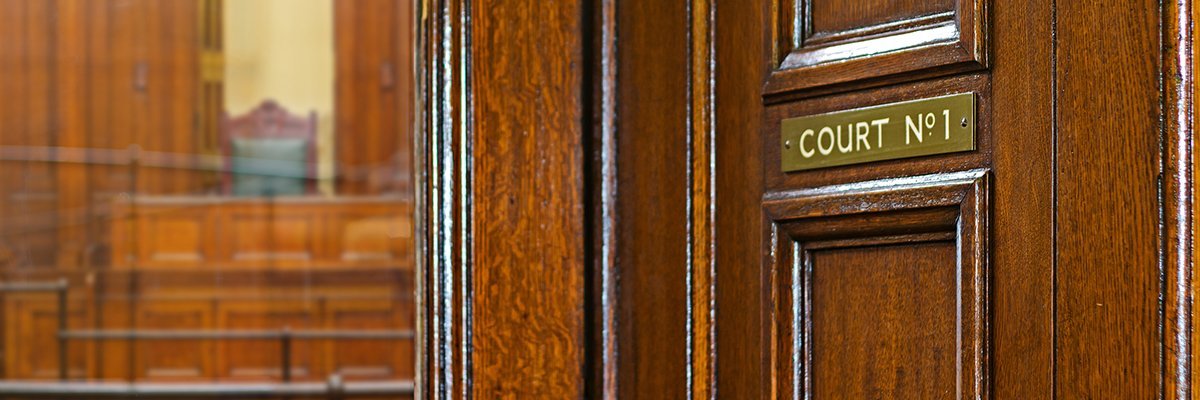Pcb assembly services
Fiducial marks are small reference points strategically placed on a printed circuit board (PCB) during the manufacturing process. While they may seem inconspicuous, fiducial marks play a crucial role in ensuring accurate and precise PCB assembly services. These marks typically consist of small, circular pads or features that are designed to be easily recognizable by automated assembly equipment and inspection systems.
One of the primary functions of fiducial marks is aiding in the precise alignment and registration of the PCB during assembly. Automated pick-and-place machines, which are commonly used in PCB assembly services, rely on fiducial marks to accurately position components onto the PCB. By recognizing the fiducial marks’ locations and orientations, these machines can adjust their placement coordinates accordingly, ensuring that components are placed with high accuracy and repeatability.
Furthermore, fiducial marks assist in compensating for potential distortions or misalignments that may occur during the manufacturing process. pcb assembly services are subjected to various thermal and mechanical stresses during fabrication, which can cause slight deformations or warping. Fiducial marks provide reference points that enable assembly equipment to detect and correct for these distortions, ensuring that components are placed in their intended positions regardless of any board-level variations.

Can you explain the importance of fiducial marks in Pcb assembly services?
Moreover, fiducial marks play a critical role in the inspection and quality control processes of PCB assembly services. Automated optical inspection (AOI) and vision systems utilize fiducial marks as reference points for verifying the accuracy of component placement, solder joints, and other critical features on the PCB. By comparing the positions of fiducial marks against predetermined coordinates, inspection systems can identify any discrepancies or defects and flag them for further analysis or corrective action.
Additionally, fiducial marks contribute to the scalability and efficiency of PCB assembly services. As PCB designs become increasingly complex and miniaturized, the need for precise alignment and registration becomes more pronounced. Fiducial marks enable manufacturers to scale their production processes without sacrificing accuracy or quality. By providing reliable reference points for automated assembly and inspection equipment, fiducial marks help streamline the assembly process and minimize the risk of errors or rework.
Furthermore, fiducial marks facilitate communication and collaboration between different stakeholders involved in the PCB manufacturing supply chain. Designers, manufacturers, and assembly service providers rely on fiducial marks as a common reference point for ensuring consistency and interoperability across various stages of the production process. Clear and standardized fiducial mark designs help streamline communication and reduce the likelihood of misunderstandings or discrepancies between different parties.
In summary, fiducial marks play a crucial role in ensuring the accuracy, precision, and reliability of PCB assembly services. By providing reference points for automated assembly equipment and inspection systems, fiducial marks enable manufacturers to achieve consistent and high-quality results, even in the face of manufacturing variations or complexities. As PCB designs continue to evolve, the importance of fiducial marks in facilitating efficient and scalable assembly processes will only become more pronounced.



